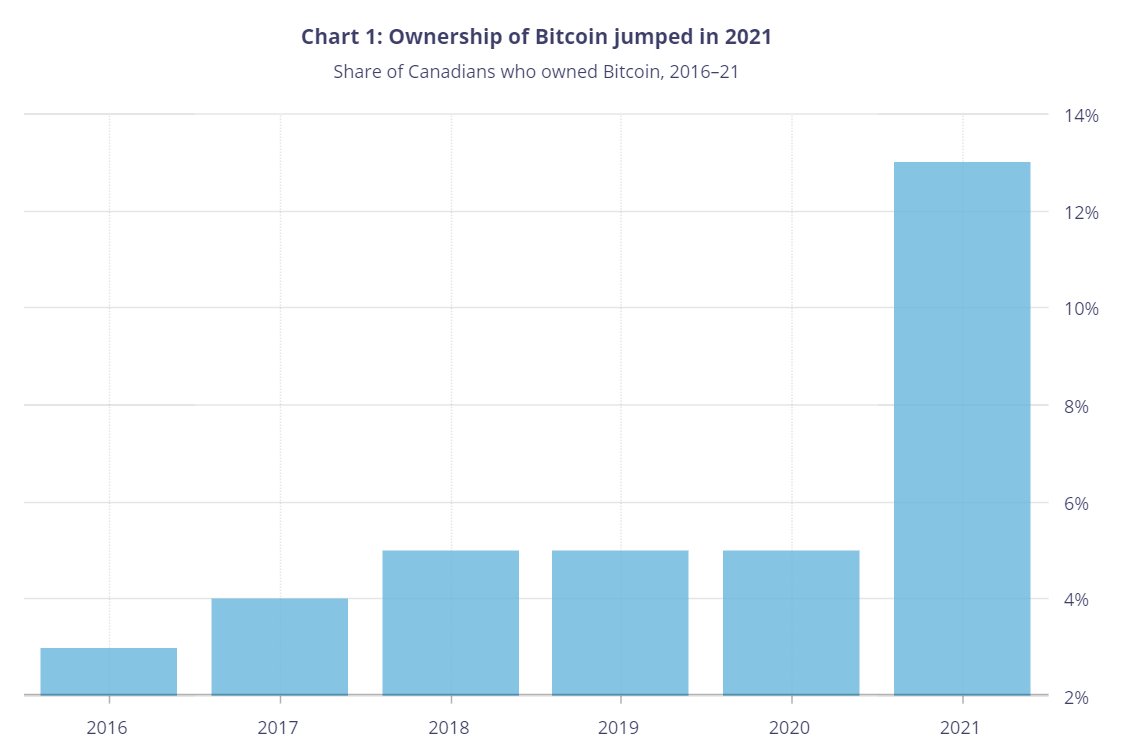Yesterday @Greenpeace released a "research" report asking financial institutions like @Fidelity support changing Bitcoin's code from PoW to PoS.
Let's dive in why this is in bad faith & #TheCodeisPerfect
1/
Let's dive in why this is in bad faith & #TheCodeisPerfect
1/

GPs "research" is the usual misinformation abt how bitcoin works & energy use that has been debunked by *real* climate activists in Bitcoin
> 50% of Bitcoin's network is ZERO emissions, period. Emissions are DECLINING. Carbon NEGATIVE is coming. See 👇🏽
2/
batcoinz.com/beest/
> 50% of Bitcoin's network is ZERO emissions, period. Emissions are DECLINING. Carbon NEGATIVE is coming. See 👇🏽
2/
batcoinz.com/beest/
GP is 'concerned' Bitcoin is accelerating a climate crisis, fueled by "Big Finance"
... If GP was truly concerned about the impact of Big Finance, they would focus on legacy finance's carbon emissions (see next tweets)
3/
... If GP was truly concerned about the impact of Big Finance, they would focus on legacy finance's carbon emissions (see next tweets)
3/

If Greenpeace was acting in good faith, they would conduct 🍎:🍎 accounting, which shows that Bitcoin is #cleantech from a lower energy use & carbon emissions perspective
Bitcoin is a drop in the bucket vs the legacy system & stores of value it *replaces*
4/
Bitcoin is a drop in the bucket vs the legacy system & stores of value it *replaces*
4/

If @Greenpeace was acting in good faith, they'd recognize that the carbon emissions associated w/ "Big Finance" from lending, underwriting, & investment activities are more than 700x higher than a financial institution’s direct emissions
5/
5/

If @Greenpeace was acting in good faith, it would identify conflicts of interest
GP received $5M from Ripple's @chrislarsensf, to launch the anti-bitcoin #ChangeTheCode campaign. Ripple benefits from the spread of misinformation against Proof of Work
6/
bitcoinmagazine.com/culture/change…
GP received $5M from Ripple's @chrislarsensf, to launch the anti-bitcoin #ChangeTheCode campaign. Ripple benefits from the spread of misinformation against Proof of Work
6/
bitcoinmagazine.com/culture/change…
At the end of the day, #ProofOfStake systems will *never* fund the transition to a low carbon economy, which continues to suffer from underinvestment
#Bitcoin's #ProofOfWork system is the *only* way to achieve a net negative outcome
7/
#Bitcoin's #ProofOfWork system is the *only* way to achieve a net negative outcome
7/
https://twitter.com/Crypto_Mags/status/1605845121811025920?s=20
Ultimately we have facts on our side & a growing arsenal of projects
From Texas, to LATAM, to Africa, #Bitcoin's helping accelerate #renewables, building sustainable microgrids, addressing methane emissions, reusing waste, & even protecting gorillas
8/
medium.com/@mgronowska/mi…
From Texas, to LATAM, to Africa, #Bitcoin's helping accelerate #renewables, building sustainable microgrids, addressing methane emissions, reusing waste, & even protecting gorillas
8/
medium.com/@mgronowska/mi…
Bitcoin's code provides for an optimal env outcome
Instead of the stick (env regs), which haven't succeeded to date, Bitcoin is the carrot: economic incentives (mining rewards) to help achieve the transition to a low carbon economy
#TheCodeisPerfect
9/
Instead of the stick (env regs), which haven't succeeded to date, Bitcoin is the carrot: economic incentives (mining rewards) to help achieve the transition to a low carbon economy
#TheCodeisPerfect
9/
https://twitter.com/Crypto_Mags/status/1605845131638210560?s=20
• • •
Missing some Tweet in this thread? You can try to
force a refresh

 Read on Twitter
Read on Twitter











